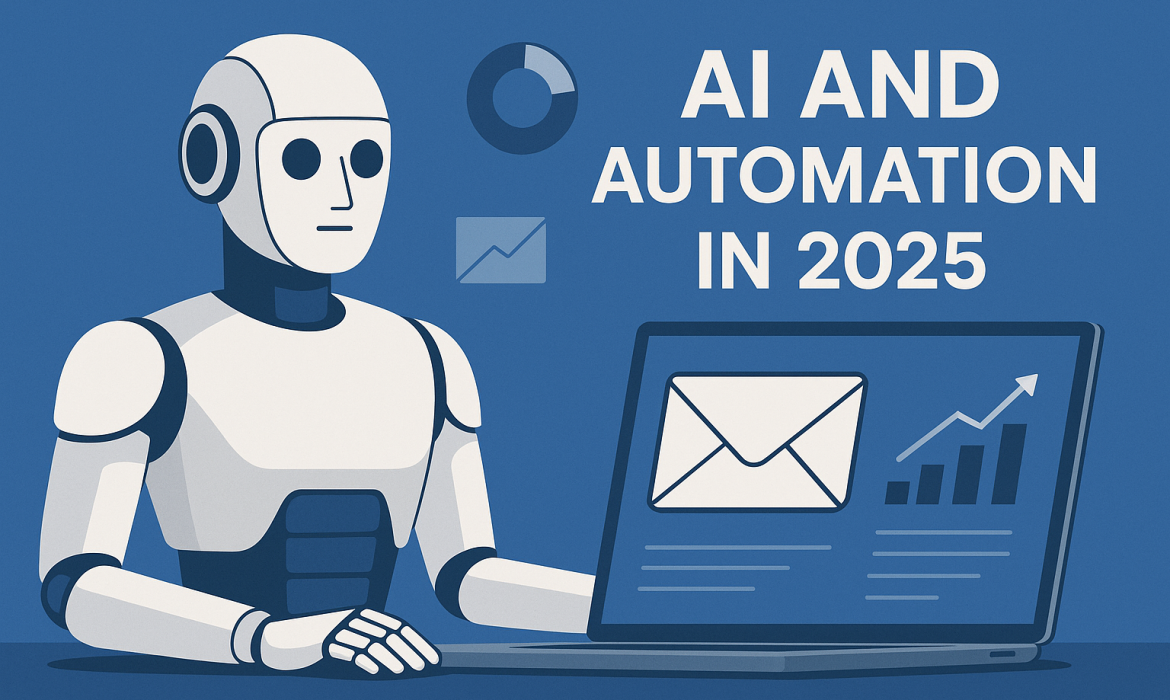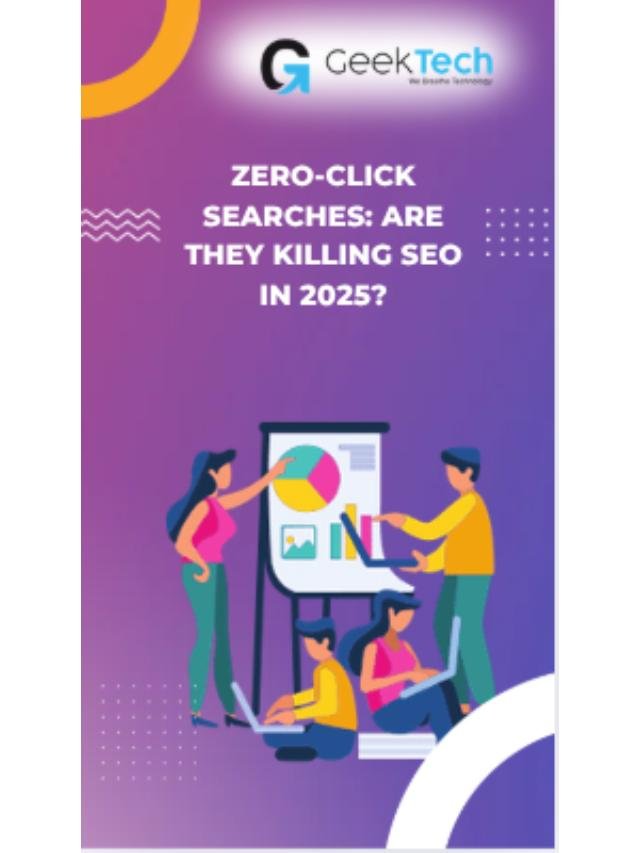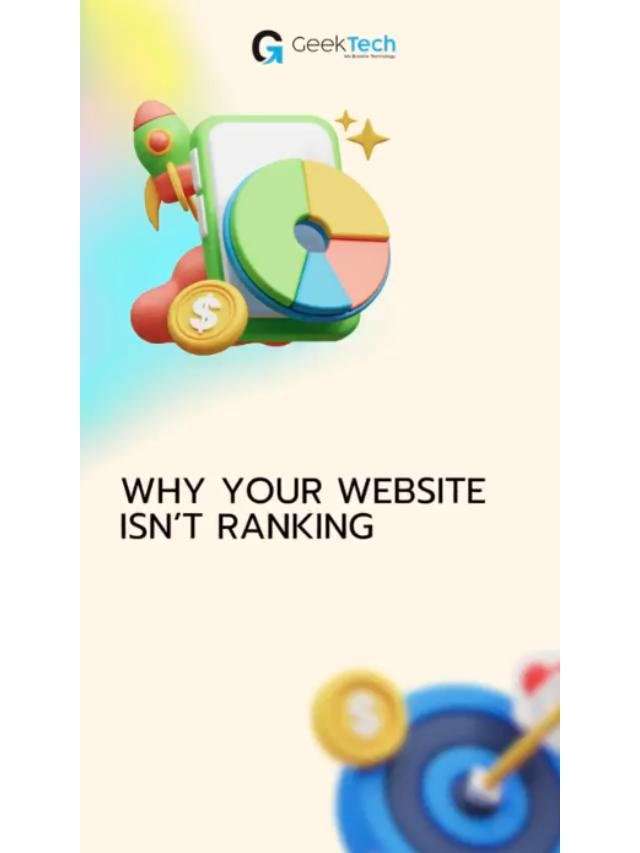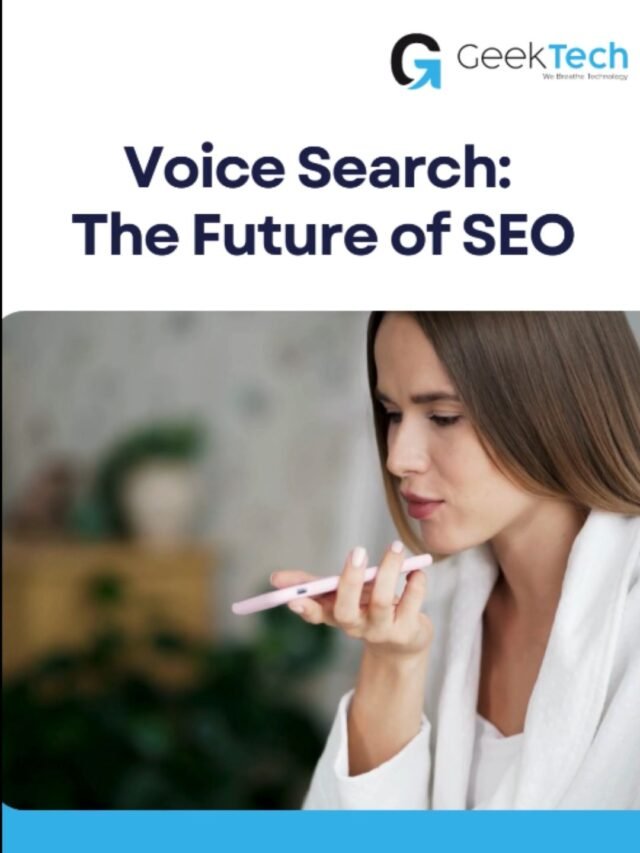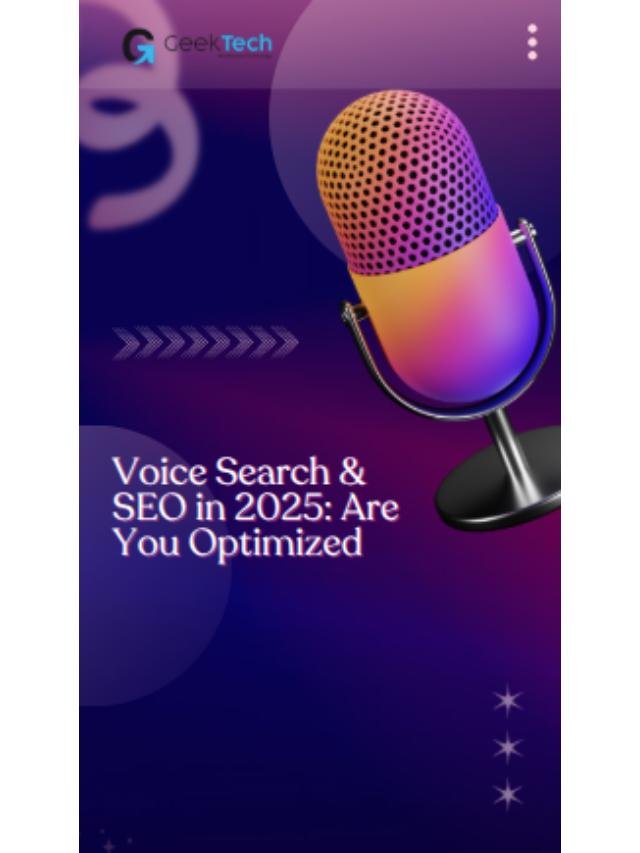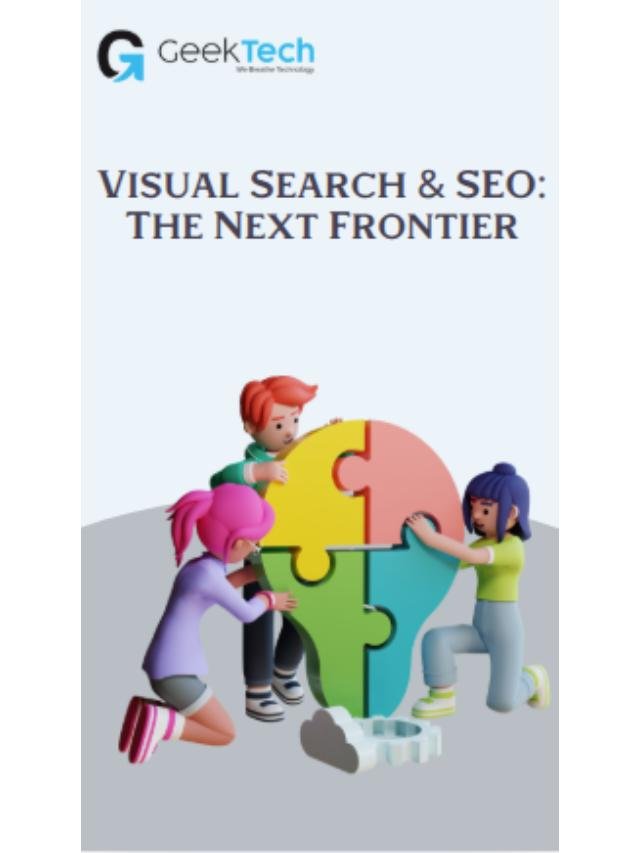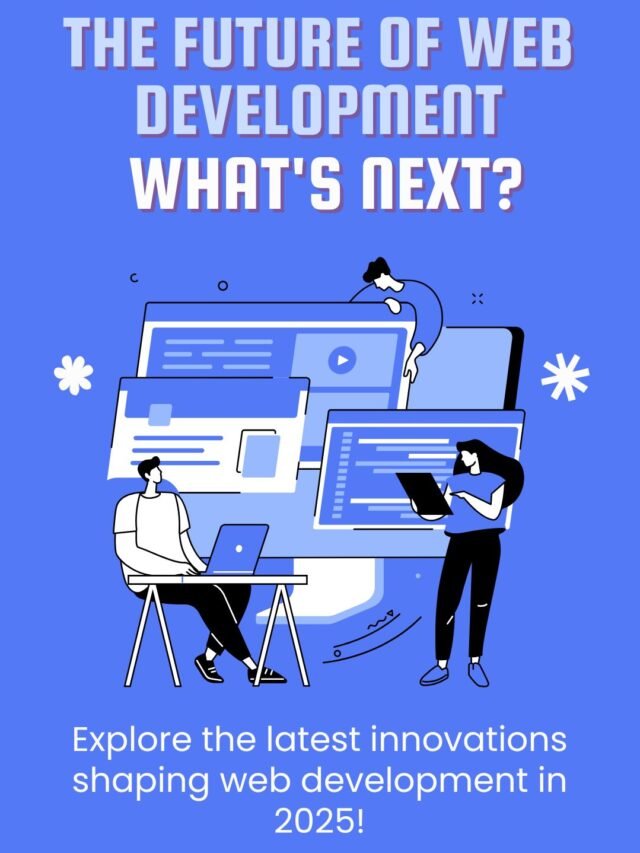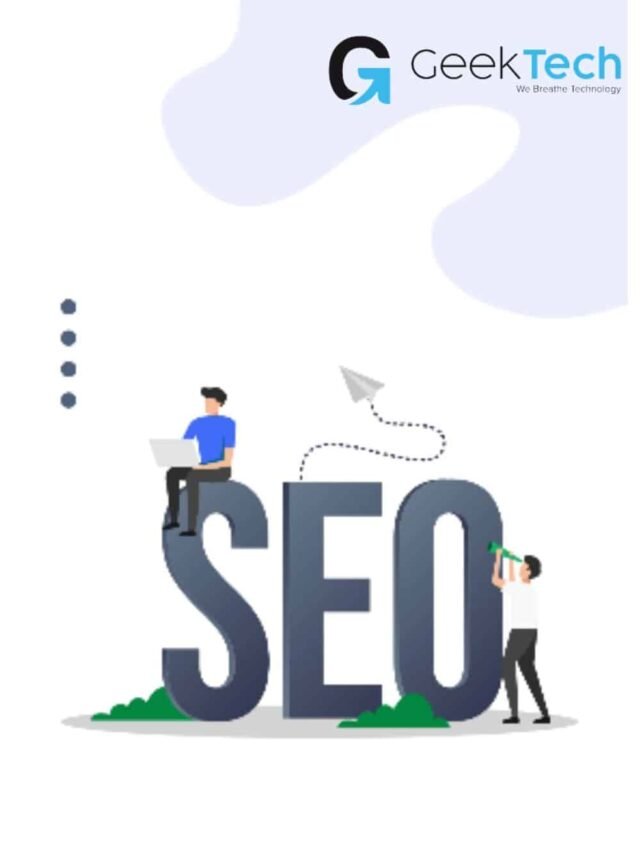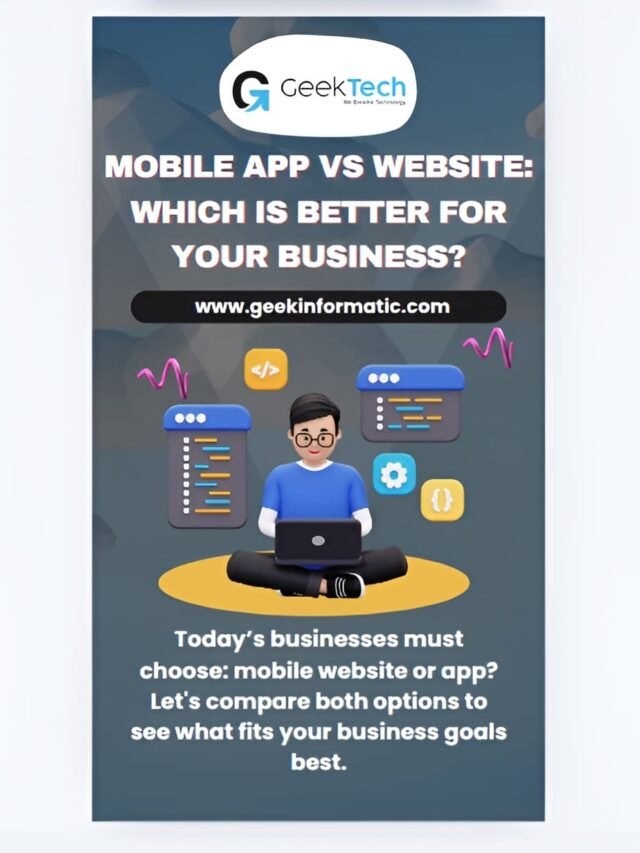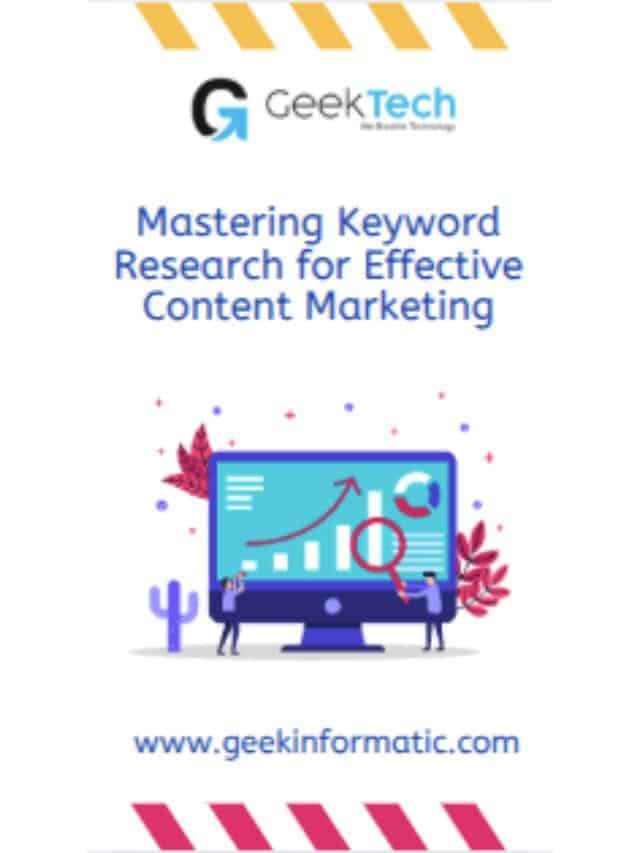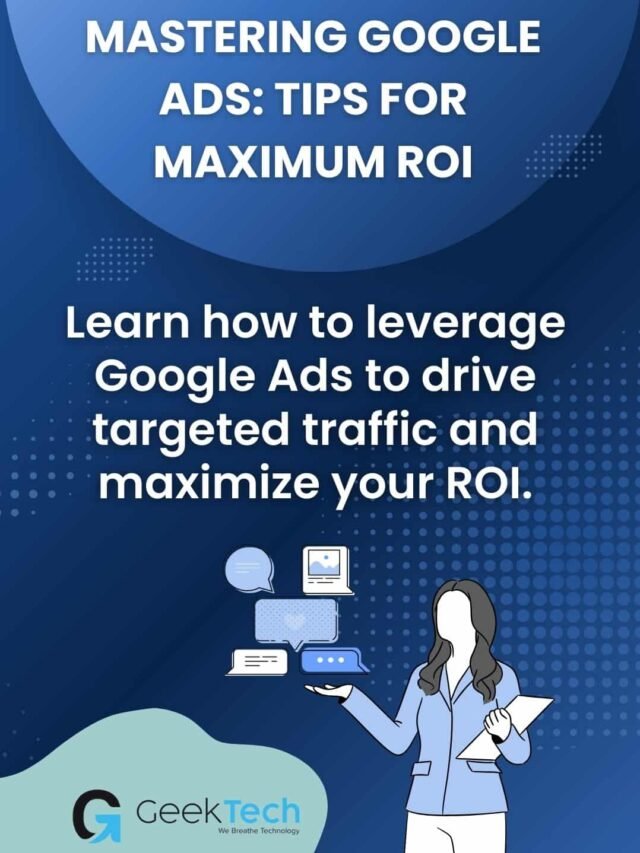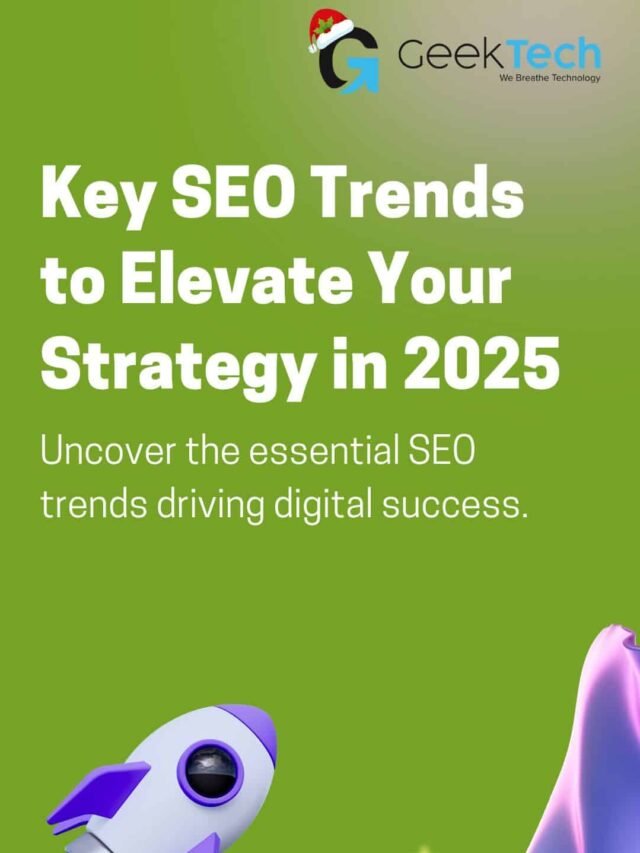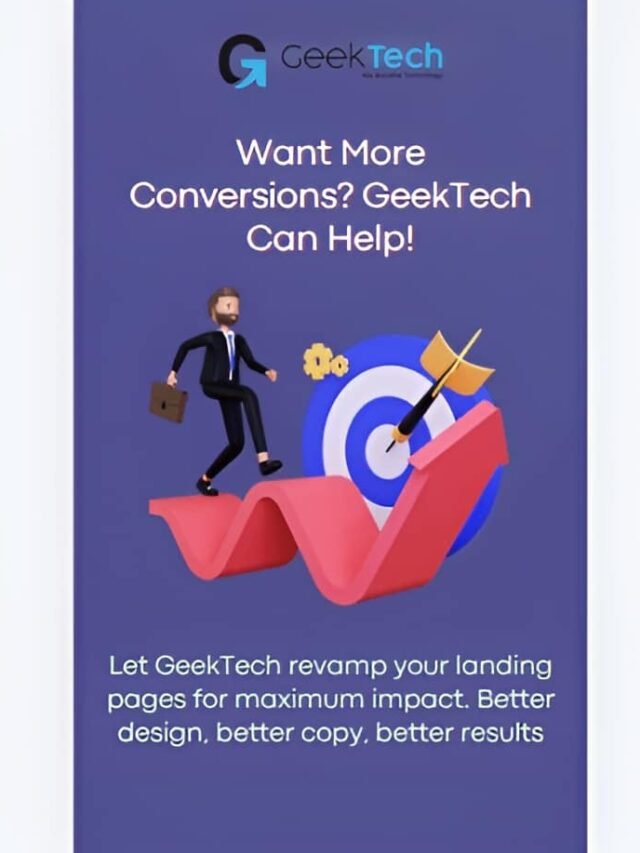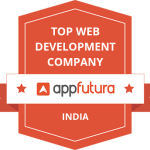What Marketers Need to Know About AI and Automation in 2025
In 2025, marketing automation and artificial intelligence are changing how businesses connect with customers. Marketers now use smart tools to work faster. In their marketing campaigns, with the help of AI tools, they personalize customer messages to get better results. What’s more! Well, this blog explains what AI and automation really mean, their benefits, common mistakes to avoid, and tools you can use to succeed.
The 2025 Big Year for AI and Marketing Tools
In 2025, AI is no longer limited to tech companies. It is spreading its wings in retail, healthcare, finance, and even small businesses. New AI tools with advanced features are coming into the market. AI streamlining operations, personalizing customer experiences, and collecting deeper insights into the market. AI is now a must-have marketing tool for businesses that want to stay competitive.
Customers now expect faster, more relevant communication. They want brands to understand their preferences and respond to them instantly. AI helps marketers meet customers’ expectations through hyper-personalized content and smart recommendations. AI helps in real-time engagement and making campaigns feel more human and responsive.
Not only that, AI enables smarter budgeting by helping companies analyze performance data and automate low-value tasks. AI focuses on what drives results. This shift supports higher ROI and reduces waste in ad spending and campaign management.
Furthermore, every small and large company is using AI. It is an affordable and user-friendly tool that works for all startups and medium-sized teams. With a simple interface and pre-built automation, even non-technical marketers can use AI to create impactful, data-informed campaigns.

What AI and Marketing Automation Really Mean
AI in marketing means using natural language processing to create predictive campaigns, analyze data, and spot patterns. This technology makes smart decisions by enabling everything from personalized product suggestions to identifying leads with the highest conversion potential.
Moreover, AI do more than just automate tasks. It helps marketers work smarter by producing insights and giving tailored content. This helps in creating instant strategies based on user activities. When combined, marketing automation and artificial intelligence enable running personalized, timely, and effective campaigns at a large scale. This capability was out of reach just a few years ago.
Furthermore, marketing automation alone, on the other hand, focuses on simplifying repetitive marketing jobs. These include sending out emails, managing social media posts, and guiding leads through pre-set workflows. The traditional rule-based methods are evolving with automation and AI. This changing process involves a shift from basic triggers to smart actions that adjust to each customer’s behavior.
Benefits of Combining AI with Marketing Automation
Integrating AI with marketing automation delivers real, measurable benefits that go far beyond time savings. Let’s have a look:
- Smarter Personalization
AI analyzes customer behavior, preferences, and engagement history to deliver personalized content automatically. This leads to higher open rates, more clicks, and better conversions in ad campaigns.
- Improved Efficiency
Routine tasks like list segmentation, A/B testing, and lead scoring are handled by AI, freeing up marketers to focus on strategy and creativity. Campaigns run faster and with fewer errors.
- Better Decision-Making
AI identifies what’s working and what’s not through real-time data analysis. Marketers can adjust strategies quickly, backed by insights instead of guesswork.
- Higher ROI
Combining AI with automation ensures every message is relevant and well-timed. This reduces wasted ad spend, increases customer engagement, and ultimately drives more revenue from the same or even smaller budgets.
In short, this combination helps marketers work smarter, not just harder.
Top AI and Automation Tools Marketers Are Using in 2025
Here is a detailed look at some of the top marketing automation artificial intelligence tools for marketers:
AI-Powered Content Creation and Optimization
Jasper
This tool uses AI to create different types of marketing content. It produces ad copy, emails, landing pages, articles, and social media posts. It also connects to knowledge bases to ensure that the content remains true and accurate.
Clearscope
This tool aims to boost content for SEO. It looks at content quality and offers ways to make it better.
Grammarly
This tool gives AI-powered grammar and style checks. You can set up brand style guides, too.
BrandWell
This platform offers a full set of AI-powered content marketing tools. It includes site checks, content creation, backlink adding, and fine-tuning.
AI-Powered Marketing Automation
Sprinklr Marketing
This big platform handles many marketing tasks. It covers social media digital campaigns and old-school marketing. It uses AI to step up automation.
HubSpot
This platform gives you a bunch of marketing automation tools. You get email marketing landing pages, lead nurturing, and data tracking.
Salesforce Marketing Cloud
This platform lets you run personal campaigns, link up with CRM, and automate tasks to smooth out marketing work.
ActiveCampaign
This platform offers full AI-powered workflows and personal touches. It shines in email marketing.
Klaviyo
This platform stands out for its easy-to-use interface. You can drag and drop to set up workflows.
Customer.io
This platform excels in strong workflow automation. It gives you lots of marketing channels to automate.
Zapier
This platform allows users to connect over 2,000 apps and automate tasks without needing to write code.
AI-Powered Social Media Management
FeedHive
This tool uses AI to recycle content and conditionally post, optimizing social media engagement.
Buffer
This tool provides scheduling and multi-channel campaign management features, enhancing social media strategy.
Flick
This tool acts as an AI copilot for social media management, integrating AI into the entire process.
Predis.ai
This tool generates carousels and videos for social media, along with competitive analysis.
Publer
This tool helps generate post text and images, including text-to-image AI generation.
Other AI Marketing Tools
Delve AI
This platform provides digital twins of customers, allowing marketers to engage with virtual representations of their audience.
GWI Spark
This tool leverages proprietary consumer data to provide unique and high-quality insights.
Optimove
This platform personalizes marketing across channels using AI to understand customer behavior and optimize campaigns.
These are marketing automation with artificial intelligence tools available to marketers. Choose the right tool for your specific needs and goals, whether it’s content creation, email marketing, social media management, or other marketing activities.
Common Pitfalls to Avoid in 2025
As AI and automation become standard tools in marketing, many teams risk falling into avoidable traps. Here are key pitfalls to watch out for:
- Over-Automation Without Human Touch
Relying too heavily on automation can make communication feel robotic. Customers still value authenticity. Marketers must balance automation with genuine human-centered content and interactions.
- Poor Data Quality
AI is only as good as the data it learns from. Outdated, incomplete, or inaccurate customer data can lead to irrelevant targeting and poor campaign performance. Regular data hygiene is critical.
- Lack of Integration Across Tools
When AI and automation platforms don’t sync with your CRM, email software, or analytics tools, you lose efficiency and visibility. Ensure systems are well-integrated for a seamless marketing operation.
- Misunderstanding AI’s Limits
AI can make decisions better, but it is not foolproof. Treat it as a powerful assistant, not a replacement for strategic thinking. Marketers must still guide the vision, messaging, and customer experience.
Final Thought: This is an AI-Powered Landscape
As we move towards the coming years, marketing automation and artificial intelligence technology will advance even further. New tools for automation will come into the market, and new features will be introduced. Therefore, it is better that you adopt AI tools in your business so that you can take advantage of them today and in the coming years.
Let Geek Informatic & Technologies Pvt. Ltd. Help You Lead with AI
At Geek Informatic & Technologies Pvt. Ltd., we help businesses with AI automation marketing campaigns for the digital world. Whether you need assistance with Google Ads campaigns, SEO, or Content Creation, we are here to help.
Why Is URL Structure Still Crucial for SEO in 2025?
You’ve probably heard that search engine optimization (SEO) has evolved dramatically over the years. With AI-driven content, voice search, and semantic algorithms taking the spotlight, some may assume traditional ranking factors like URL structure have lost their importance. But the truth is that a well-structured URL remains a foundational part of a healthy SEO strategy in 2025. It might not be the flashiest part of your toolkit, but it quietly supports everything else you do to rank better and serve your users well.
If you’ve been neglecting your URL structure, thinking it’s outdated, this guide will change your mind. We’ll break down why URLs still matter, how to optimize them, and the mistakes killing your rankings.
The 2025 Verdict: How Google Uses URLs to Rank & Understand Your Site
Consider a URL to be a digital address, and it informs users and search engines where a piece of content resides. But beyond this, it has a subtle but important function in how content is interpreted, ranked, and clicked. In 2025, Google and other search engines will be more intelligent than ever, but they will still depend on clarity and structure when it comes to interpreting your site. A disorganized URL structure confounds crawlers and dissuades users. An organized one yields clues regarding relevance, subject matter, and composition.
URLs appear in search results, on social media, and in links shared across the web. If your URLs are long, unclear, or filled with random characters, you miss out on credibility and click-throughs.

The Power of URL Structure: Key Factors That Impact SEO & User Experience
You’re not just optimizing for algorithms. You’re optimizing for people, too. Today’s internet users are more aware and selective than ever. When they see a URL, they make snap judgments about where it leads. A structured, readable URL like “example.com/seo-tips-2025” tells them exactly what to expect. A jumbled one like “example.com/page?id=9487&cat=3” raises suspicion—or worse, drives them away.
In 2025, trust is everything. Your URL might be short, but it holds weight. Clear, logical URLs give users confidence. They suggest that your website is reliable, that your content is intentional, and that you care about the experience. This trust translates directly into more clicks, longer sessions, and lower bounce rates.
How to Structure URLs for Maximum Crawl Efficiency (2025 Best Practices)
If search engines can’t crawl your site properly, they can’t index or rank it. It’s that simple. URL structure directly affects crawl efficiency. A clean, hierarchical structure lets crawlers move smoothly through your content. It also helps them understand the relationship between different pages.
For example, a URL like “example.com/blog/seo/url-structure-tips” gives clear context: this is a blog post, under the SEO category, specifically about URL structure tips. That structure allows search engines to group and rank your content more accurately.
In contrast, flat or disorganized URLs can confuse bots and dilute your topical authority. Even in 2025, where machine learning handles a lot of ambiguity, clarity still wins.
Structure Supports Site Hierarchy and Navigation
Your website isn’t just a collection of pages. It’s a system—a structure. URLs that reflect that system help both users and search engines navigate it efficiently. When you group related content under consistent parent paths, you show topical relevance and build authority in those areas.
Take this structure:
- example.com/services/web-design
- example.com/services/seo
- example.com/services/content-marketing
Not only does this tell search engines that all three pages are part of your services section, but it also helps distribute ranking power across the group. In 2025, topical depth and internal link architecture remain vital for SEO-friendly URL structure, and smart URL structuring is part of that framework.
Mobile and Voice Search Compatibility
With mobile traffic dominating and voice search continuing to grow, the way people access and interact with URLs has shifted. But that doesn’t mean structure is less important—it means it needs to adapt.
Short, clean URLs are easier to share, type, and even speak. When someone uses voice search to find “best dog grooming in Austin,” they might be directed to a link like “example.com/austin-dog-grooming,” not “example.com/cat5-483?a=1.” Optimized URLs improve the match between spoken queries and page destinations.
Voice assistants and mobile interfaces favor clarity. And your URL is often the bridge between voice input and on-screen content. In 2025, building for this experience keeps you ahead.
Check out our Web Stories to get more insights on Digital Marketing!
Social Sharing, Backlinking & Visibility
Think about the last time you shared a link on social media or embedded it in an email. Did the URL structure influence your decision? It probably did more than you realized. Short, descriptive URLs not only look better, they’re more clickable. They also encourage more people to share your content, improving your backlink profile naturally.
Backlinks are still a major ranking factor in 2025. And when people link to your content, the URL often becomes anchor text. A readable, relevant URL gives context even when no other text surrounds it. It also boosts brand perception, positioning your site as clean, trustworthy, and intentional.
Avoiding Pitfalls: What to Watch Out For in URL Design
Even today, many sites fall into common traps with URL structure. Dynamic parameters, excessive folders, and inconsistent naming can all weaken your SEO. Avoid overusing special characters, unnecessary numbers, and vague words like “page” or “item.”
Consistency is also key. If your blog URLs sometimes include dates and sometimes don’t, or if your product pages follow different patterns, you create confusion for users and crawlers alike. In 2025, technical SEO is all about reducing friction, and your URL structure plays a quiet but powerful role in that.
When & How to Change URL Structures (Safely)
If your current URL setup is hurting your SEO, you might need to restructure. But proceed carefully. Changing URLs without proper redirection leads to broken links, loss of rankings, and poor user experience.
Use 301 redirects to permanently guide traffic from old URLs to new ones. Update all internal links to reflect the new paths. Resubmit your sitemap to Google and monitor crawl reports. Restructuring, done correctly, can improve your SEO URL structure without impacting your traffic.
Keyword Inclusion: Are Keywords in URLs Still Worth It?
You might be wondering: do keywords in URLs still matter? The answer is yes—but with nuance. In 2025, stuffing keywords into URLs won’t get you far. But including relevant, naturally placed terms in your URLs does provide benefits.
First, it gives users immediate clarity. Second, it gives search engines another signal to help determine topic relevance. For example, a page titled “The Ultimate Guide to Local SEO” with a URL of “example.com/local-seo-guide” is far more effective than “example.com/page1342.”
Just remember: keyword use should support, not clutter. It’s about relevance and clarity—not gaming the system.
Final Thoughts: The Case for URL Clarity in a Complex Digital World
With all the advanced SEO tactics available in 2025, from AI-generated content to semantic search, you might be tempted to overlook something as simple as a URL structure. But that would be a mistake. The best strategies are those that bring it all together: technical, strategic, and user-centric.
If you’re serious about ranking, visibility, and user experience, partner with Geek Informatic & Technologies Pvt. Ltd. We are SEO experts, bringing you more traffic, better engagement, and stronger authority now and in the future.
